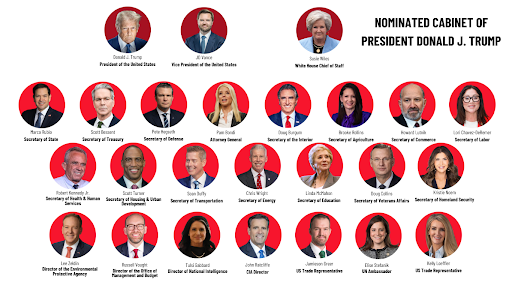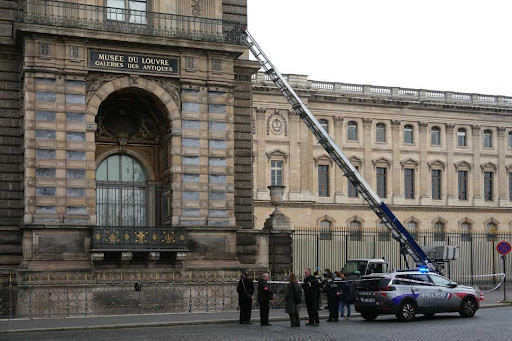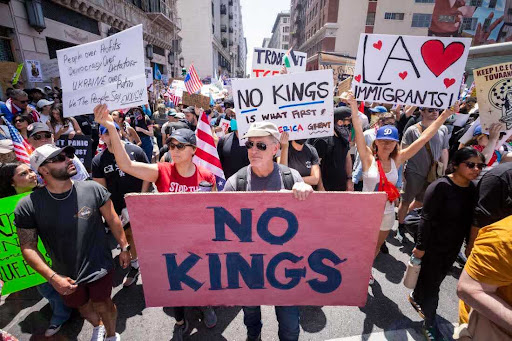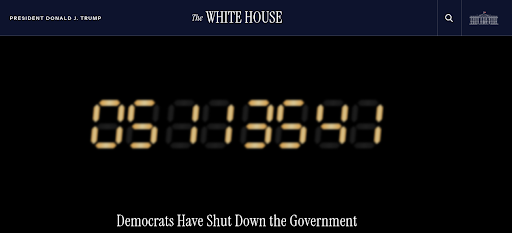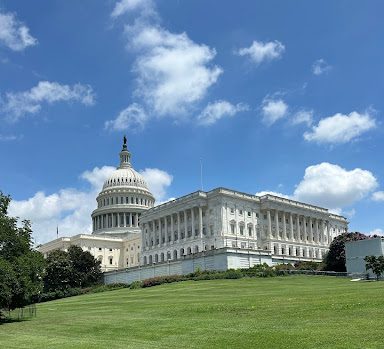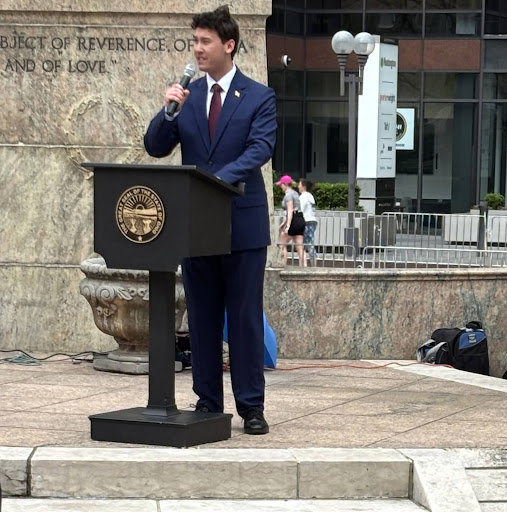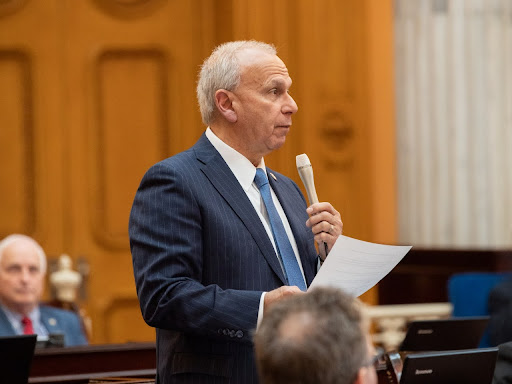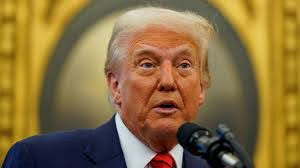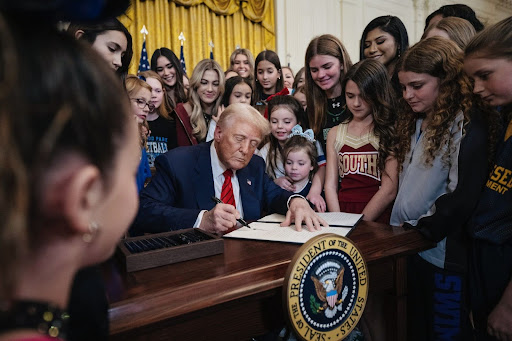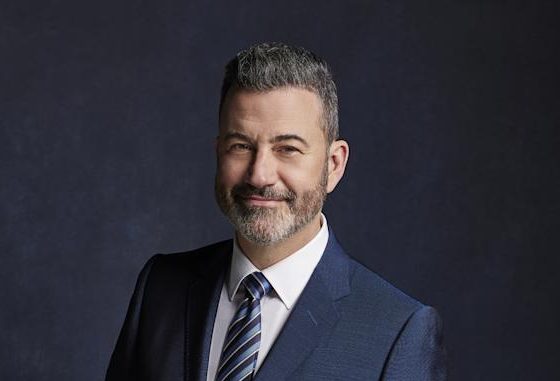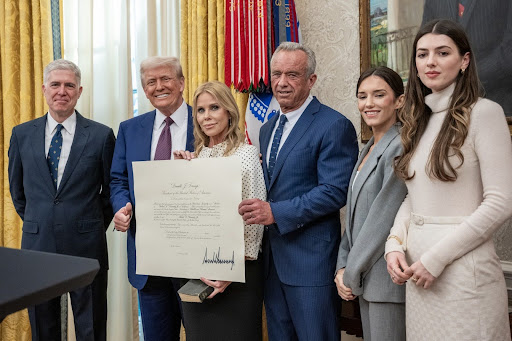
President Trump was inaugurated as the 47th President of the United States more than three weeks ago yet his cabinet nominees, of which there are 15 cabinet departments and numerous other agencies whose directors require their nominations to be signed off by Congress – specifically the US Senate.
President Trump’s Constitutional ability to appoint his own Cabinet is unquestioned and typically with a new President, the Senate usually near-unanimously allows the President’s nominees to pass without significant delay. Only nine cabinet nominees in US history have been denied by the US Senate – most rejections given to President John Tyler who had an extremely rocky relationship with Congress. Despite the precedent to afford the President this courtesy, the Senate has given President Trump significant resistance to his cabinet nominations.
By far the easiest nomination was that of Senator Marco Rubio for Secretary of State. Secretary Rubio served as Florida’s Senator since 2011 and was a Presidential candidate in 2016. Rubio was confirmed unanimously 99-0 (JD Vance’s seat had been vacant due to his ascension to the Vice Presidency hence no 100 total senators) and Sen. Rubio became the 72nd Secretary of State on the same day President Trump took office making him the first confirmed nominee.
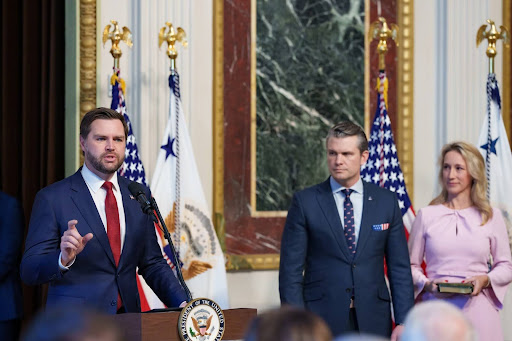 The hardest nomination so far was Secretary of Defense nominee Pete Hegseth. Hegseth is a Princeton grad who served in the National Guard and was commissioned to Iraq and Afghanistan. Hegseth later served as an advisor to President Trump in his first administration and later appeared on Fox & Friends as a co-host. Despite his prior service, his nomination was met with conflict over alleged drunkenness and sexual harassment claims which, prior to his nomination, were already found false. After a fiery hearing with Sen. Elizabeth Warren [D-MA] having yelled at the nominee for not being a general. Following his hearing, the Senate committee advanced his nomination to the floor where the Senate voted 50-50 on his nomination. Because there was a tie, constitutionally, the Vice President would cast a vote to break the tie. Coming from a dinner with Republican House leadership at the Number One Naval Observatory, the VP’s traditional residence, Vice President Vance raced over and cast his vote to confirm Pete Hegseth as Secretary of Defense.
The hardest nomination so far was Secretary of Defense nominee Pete Hegseth. Hegseth is a Princeton grad who served in the National Guard and was commissioned to Iraq and Afghanistan. Hegseth later served as an advisor to President Trump in his first administration and later appeared on Fox & Friends as a co-host. Despite his prior service, his nomination was met with conflict over alleged drunkenness and sexual harassment claims which, prior to his nomination, were already found false. After a fiery hearing with Sen. Elizabeth Warren [D-MA] having yelled at the nominee for not being a general. Following his hearing, the Senate committee advanced his nomination to the floor where the Senate voted 50-50 on his nomination. Because there was a tie, constitutionally, the Vice President would cast a vote to break the tie. Coming from a dinner with Republican House leadership at the Number One Naval Observatory, the VP’s traditional residence, Vice President Vance raced over and cast his vote to confirm Pete Hegseth as Secretary of Defense.
“I thought I was done voting in the senate”, Vice President Vance tweeted from his personal X account.
Other nominees faced considerable resistance, notably Russ Vought as Director of the Office of Management and Budget. Vought served as Director of the OMB in the late part of President Trump’s first administration and yet was still met by fire and fury from Senate democrats. Senate Democrats staged an all-night filibuster in protest of Vought’s nomination who, regardless, was confirmed in a 53-47 vote.
Additionally, former Hawaii Congresswoman Tulsi Gabbard, who ran for President as a Democrat in 2020, was nominated by President Trump for Director of National Intelligence. While Senate Democrats stalled and Republican Senators seemed to fall out of line, Gabbard was eventually confirmed with just one Republican Senator, Mitch McConnell [R-KY], voting nay.
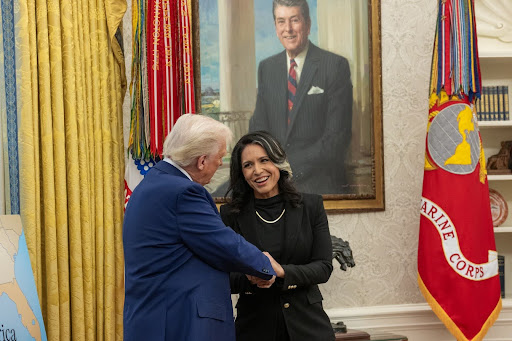 Still awaiting confirmation is FBI Director nominee, Kash Patel, a key Trump ally who served as a Chief of Staff to the acting Secretary of Defense as well as a federal prosecutor. Patel’s committee confirmation was delayed after his first hearing to force a second hearing, with a floor vote still not underway.
Still awaiting confirmation is FBI Director nominee, Kash Patel, a key Trump ally who served as a Chief of Staff to the acting Secretary of Defense as well as a federal prosecutor. Patel’s committee confirmation was delayed after his first hearing to force a second hearing, with a floor vote still not underway.
A big cause of gridlock was the confirmation of Secretary of Health and Human Services nominee Robert F. Kennedy Jr. RFK Jr., son of Fmr. Attorney General Robert Kennedy, nephew of President John F. Kennedy, who ran for President in 2024 originally as a Democrat. The Democratic party resisted his candidacy – disallowing him on the ballot while simultaneously calling Trump a threat to democracy and then installing Kamala D. Harris as the candidate for President despite not a single vote. Because of disillusionment with the Democratic party, RFK Jr. ran as an Independent however later suspended his campaign and endorsed President Trump. Throughout his life, RFK Jr. has worked as a tireless environmental activist, often at odds with Republicans and Democrats alike for his straightforwardness and passion for protecting our environment and reducing the United States’ negative impact on it. Despite his qualifications to serve, RFK Jr. was met with vitriol by Senators of his original party who alleged he’d ‘make millions’ being bought off by Big Pharma. Ironically, Senate Democrats who resisted Kennedy’s nomination, notably Sen. Elizabeth Warren, and Sen. Bernie Sanders [I-VT], are some of the biggest recipients of Big Pharma money. Overcoming all the objections, Kennedy was confirmed as the 26th Secretary of Health and Human Services in a 52-48 Senate vote.
Notable members of President Trump’s Cabinet are Fmr. Governor Doug Burgum who now serves as Secretary of the Interior, Fmr. Governor Kristi Noem who serves as the Secretary of Homeland Security, Scott Bessent as Secretary of the Treasury, and Fmr. Florida Attorney General Pam Bondi now serves as the US Attorney General. Interestingly, Trump nominated Co-Founder of WWE Linda McMahon to serve as Secretary of Education despite his steadfast push to eradicate the department at a federal level. Despite being the oldest President ever elected, President Trump has a historically young cabinet. With more nominations to come, President Trump not only acts out his electoral mandate with the cabinet confirmations but demonstrates his influence over the Senate as they continue to give him the cabinet he’s asked for.